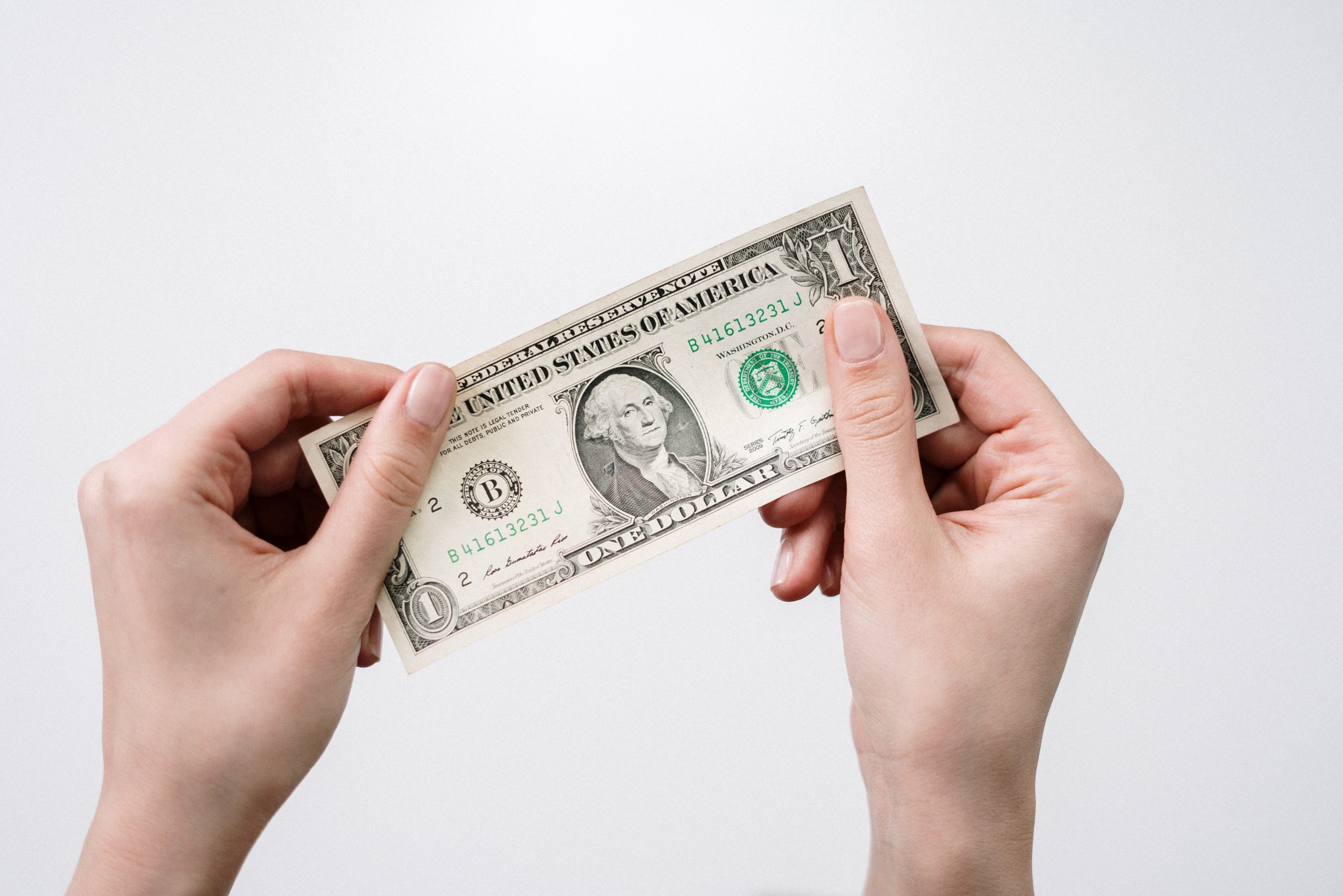Taxpayer asks:
Can food bloggers write off ingredients from paid campaigns where advertisers paid them to create a recipe?
Taxgirl says:
As promised, this is the answer to the second part of a previous question.
The world of paid reviews can be tricky. In this post, I’m going to focus solely on the question that’s been asked. In a follow-up post, I’ll talk about samples and promos – so stop by again if that’s your interest.
Before we go any further, here’s my bonus non-tax related advice: be sure to familiarize yourself with the FTC rules regarding disclosure (downloads as a pdf). They went into effect on December 1, 2009, and expand the rules relating to endorsements and testimonials in advertising. In addition to radio, television and print, the rules specifically apply to bloggers. And, quite frankly, telling readers when you’ve been paid to promote something is just good manners.
That out of the way, let’s talk tax.
First, any time that an advertiser, company or any third party pays you or gives you things as compensation for services, it’s income. I don’t care if it’s cash, something of value that you get to keep or just something you use for a little while (like the use of a time share), if it’s in exchange for your services, it’s income. You’ll see that in the Tax Code at section 61, Gross income defined, which specifically states:
§ 61. Gross income defined
(a) General definition: Except as otherwise provided in this subtitle, gross income means all income from whatever source derived, including (but not limited to) the following items:
(1) Compensation for services, including fees, commissions, fringe benefits, and similar items; …
So, it’s clear that compensation for services is income – and that means that you need to report the income that you’ve been paid from the advertiser/company on your tax return.
You can certainly offset that income with your expenses. To the extent that you incurred legitimate business expenses in order to produce something (including a recipe) for a third party, you can deduct those expenses so long as they meet the criteria as outlined in the prior post. This, of course, assumes that you are paying for expenses out of your own pocket.
If you are reimbursed for the products you buy to create the recipe, you may not claim those costs as business expenses. Got it? That’s the easy part. You still need to keep excellent records because the reimbursement is not considered income to you and you don’t want to report it as such. In an ideal world, you’d get two checks: one for your services and one for reimbursements. If, however, you get one big check, make sure you note on your records which part of the check should be considered compensation. Report the compensation as income but the reimbursement is tax neutral, meaning there’s no need to report it. You don’t report it as income and you don’t claim the deduction.
Now let me confuse you a little bit more. If the company issues you a form 1099-MISC for the entire amount (which is not appropriate but happens all of the time), then you may not want to take the advice that I just gave you. Here’s why: the IRS matches forms 1099-MISC to your tax return. And if what you put on your return doesn’t match that 1099-MISC, you’ll likely raise a flag. So if the company issues you one fat check and one 1099-MISC, I’d report it all and expense it away to reflect the reimbursement. I don’t like it – but it’s what I’d do.
So, to recap: income to you for services if you are compensated in any way. Deductions for expenses paid out of pocket. No deduction, no income for reimbursements (with the exception of the flukey situation noted above).
What if the advertiser flat out gives you a Kitchen Aid – or a jar of Nutella – to try out? That’s something different altogether. In order to keep this in manageable bites (pardon the pun), I’m tackling that issue separately. Check back often.
Before you go: be sure to read my disclaimer. Remember, I’m a lawyer and we love disclaimers.
If you have a question, here’s how to Ask The Taxgirl.



